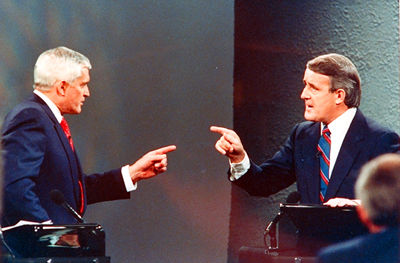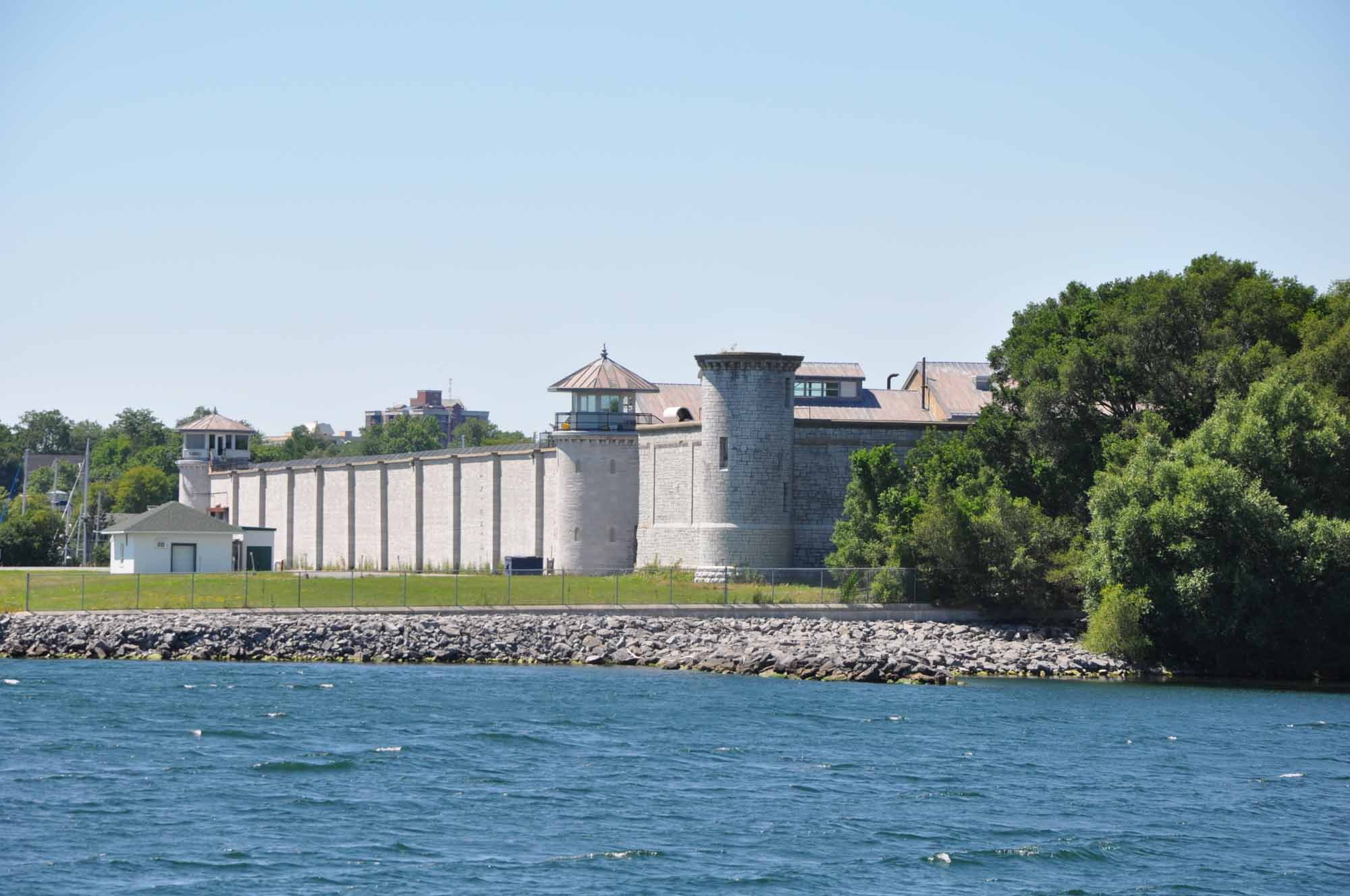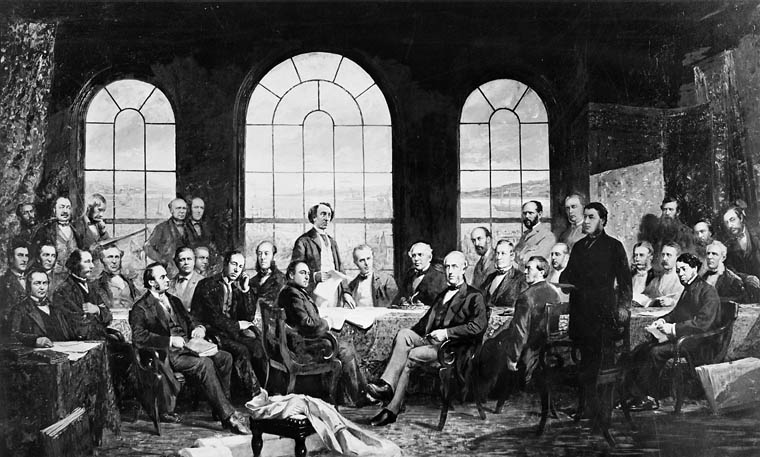Article
Parti rouge
Successor of the Parti patriote, the Parti rouge was a radical liberal political party from Canada East (Québec). From the 1840s to Confederation, the party stood in stark opposition to George-Étienne Cartier’s conservative Parti bleu. Fighting for democratic reforms, such as universal suffrage, the party allied with George Brown’s Clear Grits, even forming a coalition government for a few days in 1858. The Parti rouge was never a dominant political force in Canada East, owing to its radicalism and anticlerical attitudes. Following Confederation, which it opposed, moderate members of the Parti rouge merged with the Clear Grits, creating the Liberal Party of Canada.









